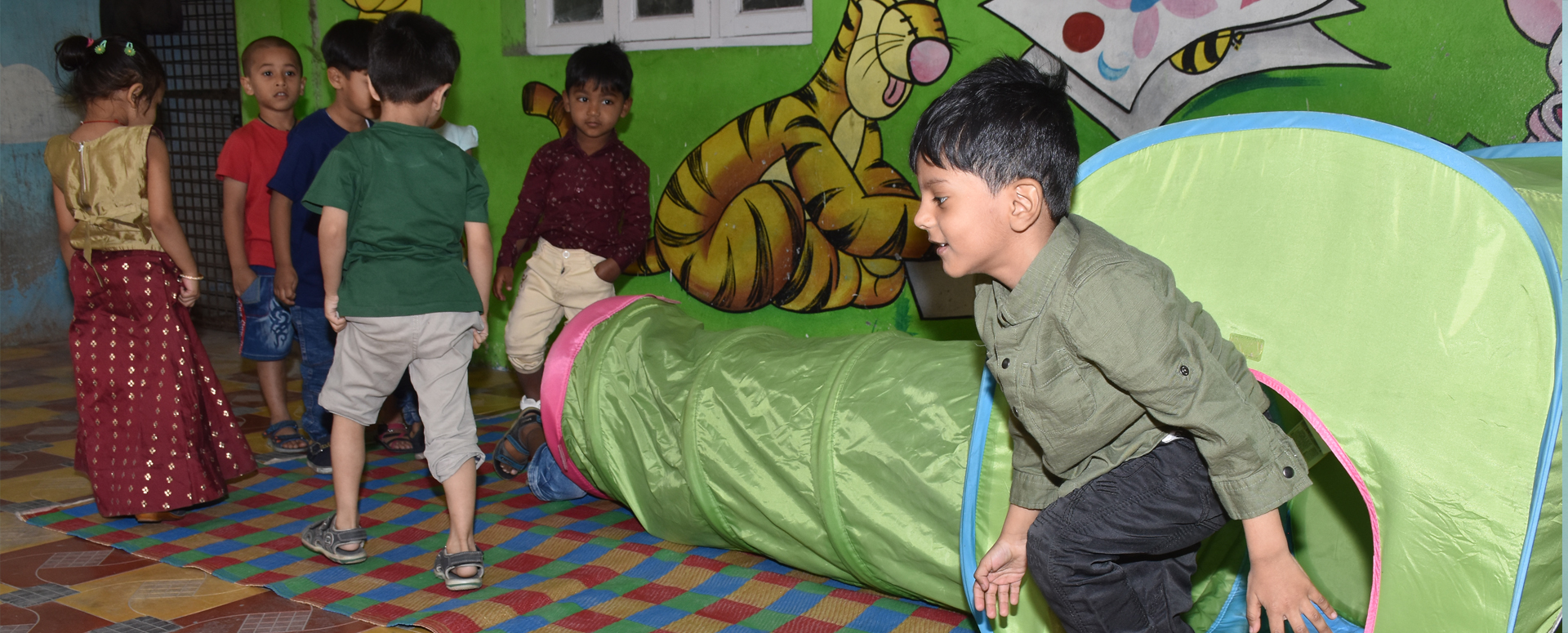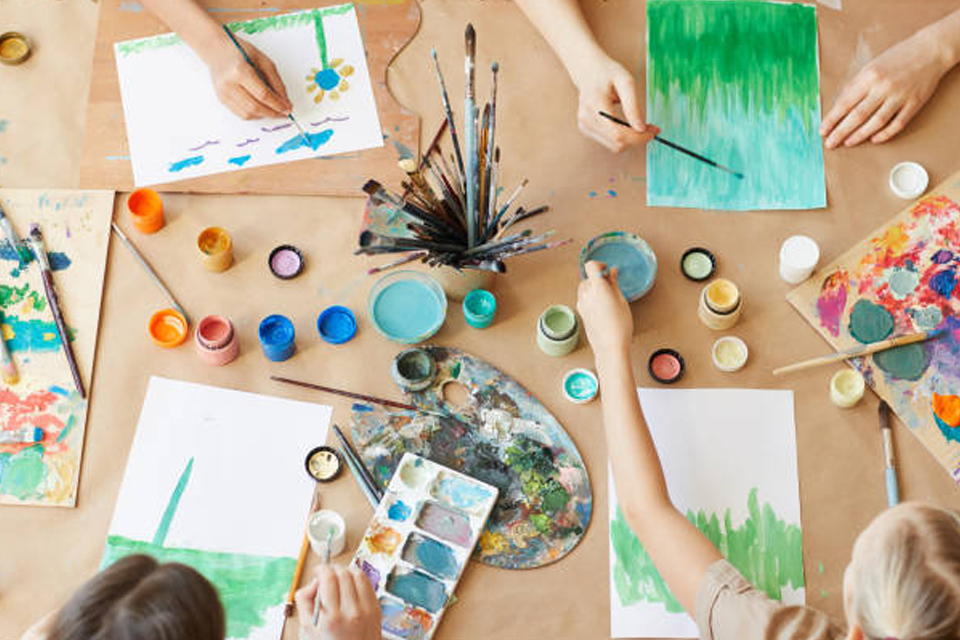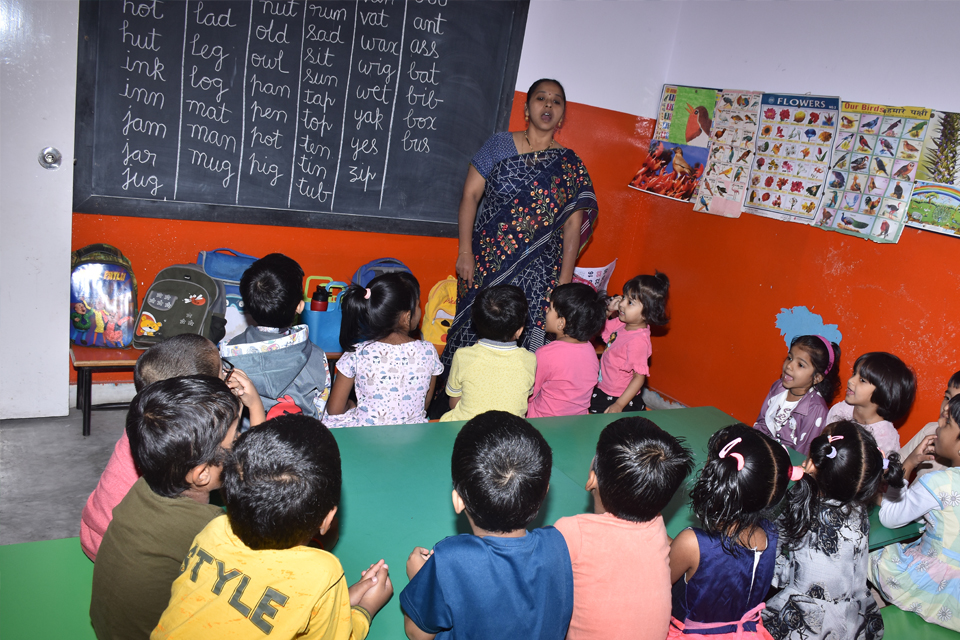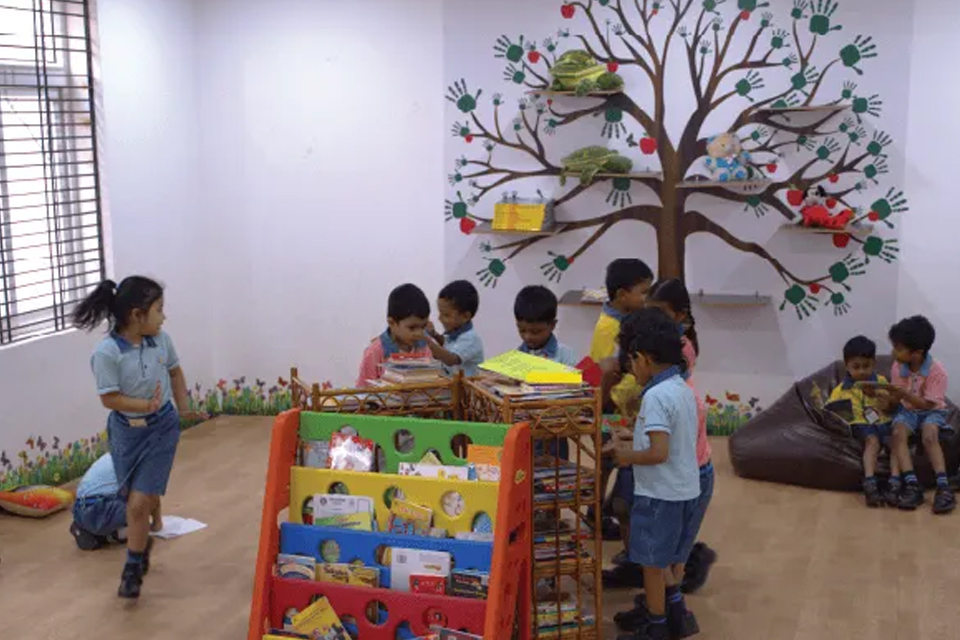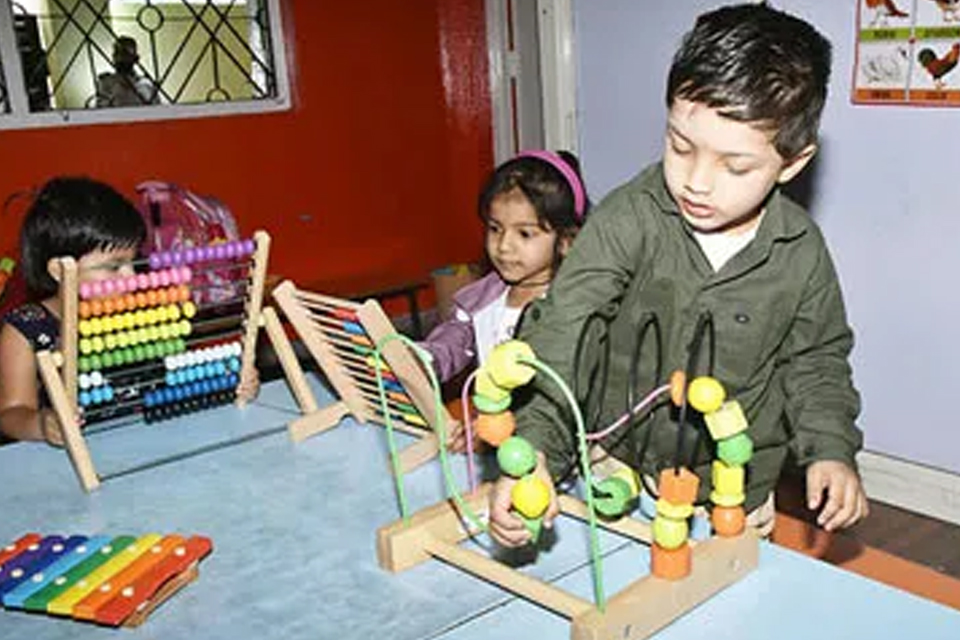Fun Classes detail
In primary school, fun classes play a crucial role in nurturing creativity and enthusiasm among young learners. These classes often focus on hands-on experiences that allow children to explore their interests outside the traditional subjects of math and science. Activities like art, music, and drama provide a vibrant outlet for self-expression. In art class, children can play with colors, textures, and various mediums, creating masterpieces that reflect their unique perspectives. Music classes involve singing, dancing, and learning to play instruments, fostering a sense of rhythm and teamwork. Through drama, students gain confidence by performing in front of their peers, which helps in developing public speaking skills and overcoming shyness. Overall, these fun classes contribute significantly to a well-rounded education, making learning enjoyable and stimulating.
Cooking classes are also an exciting addition to primary school curricula, allowing children to engage in the culinary arts. In these classes, students learn essential cooking skills, such as measuring ingredients, following recipes, and even the science behind certain cooking techniques. The joys of preparing a dish can spark a passion for healthy eating and an appreciation for diverse cuisines. Children take pride in their creations, often sharing their tasty results with classmates and family. These cooking sessions promote teamwork as students collaborate in groups, teaching them valuable social skills and cooperation. Additionally, cooking classes can open discussions about nutrition, fostering a lifelong understanding of the importance of a balanced diet. By participating in these delightful experiences, children develop both practical skills and a sense of accomplishment.
Physical education classes also add to the joy of learning in primary school. These classes provide children with the opportunity to engage in various sports and activities, promoting physical health and teamwork. Whether it’s playing soccer, basketball, or participating in relay races, children have the chance to develop their motor skills and coordination. The excitement of competition teaches them about sportsmanship and resilience, important traits for life. To keep things fresh, educators often introduce new games and activities, ensuring that every lesson is filled with fun. Additionally, these lessons help reduce stress, allowing children to release energy in a constructive way. With the right balance of physical activity, students can significantly improve their focus and enthusiasm in other academic subjects.
Moreover, nature and environmental classes offer primary school students a unique way to connect with the world around them. In these classes, students often participate in outdoor activities like gardening, hiking, or nature walks. Through hands-on experiences, children learn about plants, animals, and ecosystems, fostering a sense of stewardship for the environment. Gardening, for example, allows students to witness the growth of their plants, instilling patience and responsibility. Nature walks expose them to the beauty of the outdoors, encouraging curiosity about biodiversity. These classes also often integrate lessons on sustainability, teaching the importance of protecting our planet for future generations. By fostering a love for nature and understanding its significance, these classes help shape conscious and caring individuals.
Finally, technology-integrated classes have become increasingly popular in primary schools, making learning more engaging and interactive. With tools like tablets and educational software, students can explore subjects in innovative ways. For instance, coding classes introduce children to programming through games and interactive lessons, sparking interest in a field that will be vital in their future careers. These classes not only enhance digital literacy but also develop problem-solving and critical-thinking skills. Additionally, using technology in the classroom can cater to different learning styles, making lessons more inclusive. Collaborative projects using technology encourage teamwork, as students work together to produce media presentations or digital art. By blending fun with technology, these classes prepare children for a rapidly advancing world while keeping their learning experience dynamic and enjoyable.

